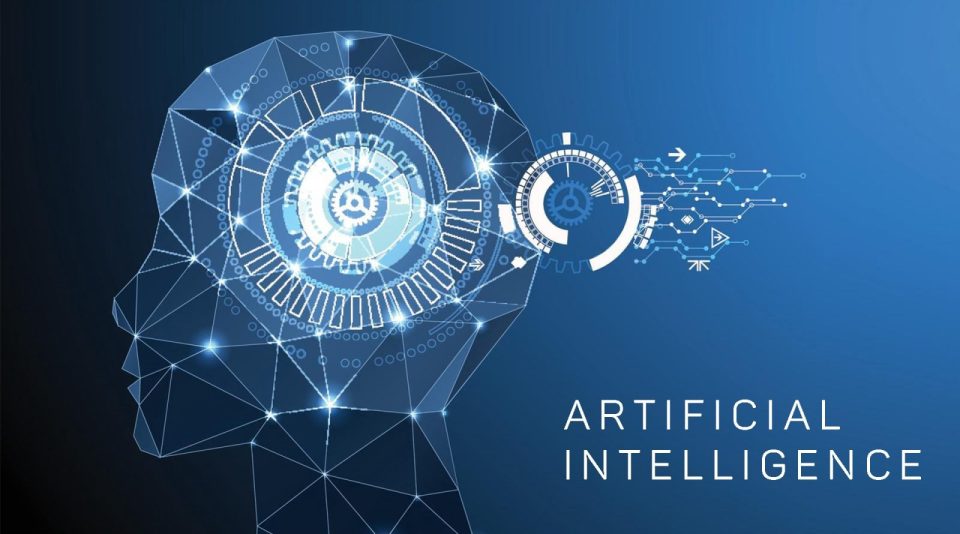AI-driven mind reading: An exclusive women’s university in Karnataka focuses on the early detection of epilepsy. The Karnataka State Akkamahadevi Women’s University is creating a prototype latent diffusion model to reconstruct brain activity images and identify conditions like epilepsy early.
Women are pioneering innovative work in AI at the Karnataka State Akkamahadevi Women’s University (KSAWU), the only women’s university in the state, in Vijayapura, North Karnataka.
The university is at the forefront of cutting-edge innovation in both neuroscience and AI. It is leading research to reconstruct images directly from human brain activity using AI, which could assist in the early detection of diseases such as epilepsy.
Under the leadership of Professor K Ramesh, the Science & Technology department’s research scholars are developing a prototype of a latent diffusion model (LDM) to reconstruct images from human brain activity captured through functional magnetic resonance imaging (fMRI).
The university, previously on the brink of closure due to financial challenges, recently issued a tender for advanced hardware, such as processors and NVIDIA graphics cards, crucial for accelerating their LDM-based research in brain image reconstruction.
Professor Ramesh mentioned that the university is undertaking this project with limited resources and highlighted the potential benefits of using AI-based LDMs to map brain activity to high-resolution images in medicine and society.
The project is being funded by the state government’s Vision Group on Science and Technology (VGST) under the research excellence scheme.
LDM is a generative model capable of producing highly realistic images from noise. The team plans to use LDM to interpret the complex patterns of brain activity captured through fMRI.
Functional magnetic resonance imaging (fMRI) is a non-invasive brain imaging technique that measures changes in blood flow in the brain, which are linked to neural activity. By analysing these patterns, the LDM can generate images representing the visual information processed by the brain. Leveraging LDMs can also reduce computational costs without compromising performance.
AI-based LDM extracts and processes data from fMRI and electroencephalograms (EEG), aiding in the reconstruction of fMRI and EEG data and developing new biomarkers. These biomarkers can help identify the type of epilepsy in infants, leading to timely and accurate treatment.
Although the department is not collaborating with hospitals, Ramesh mentioned that it will seek their input to gather fMRI and EEG data.
Ramesh also highlighted the challenges of obtaining fMRI and EEG data, emphasising that AI-based computational models are not rule-based and require training. Several challenges need to be addressed to achieve accurate results.
The university’s AI advancements go beyond pioneering research in brain activity. Last year, its journalism department gained attention for introducing Asha, an AI news anchor, on its campus news channel, Akka.
AI is making significant progress in medical science, particularly in disease detection. Earlier this year, researchers from Harvard and Google mapped a small section of the human brain, capturing each neuron and the intricate networks they form. This fragment was taken from a 45-year-old woman who underwent brain surgery for epilepsy.
This groundbreaking brain map reveals around 57,000 neurons, 230 millimetres (9 inches) of blood vessels, and 150 million synapses — the connection points between neurons. Meanwhile, the Bengaluru-based start-up BrainSightAI uses AI and machine learning to create personalised brain maps.
The company’s VoxelBox platform uses AI and machine learning-based neuroimaging solutions to create personalised brain maps, offering visual representations of the brain’s functional and structural connections.
Ready to invest like a pro? The Unicorn Signals app equips you with 100+ Free tools and knowledge you need to succeed. Download the Unicorn Signals app and gain access to daily stock lists, insightful market analysis and, much more!



